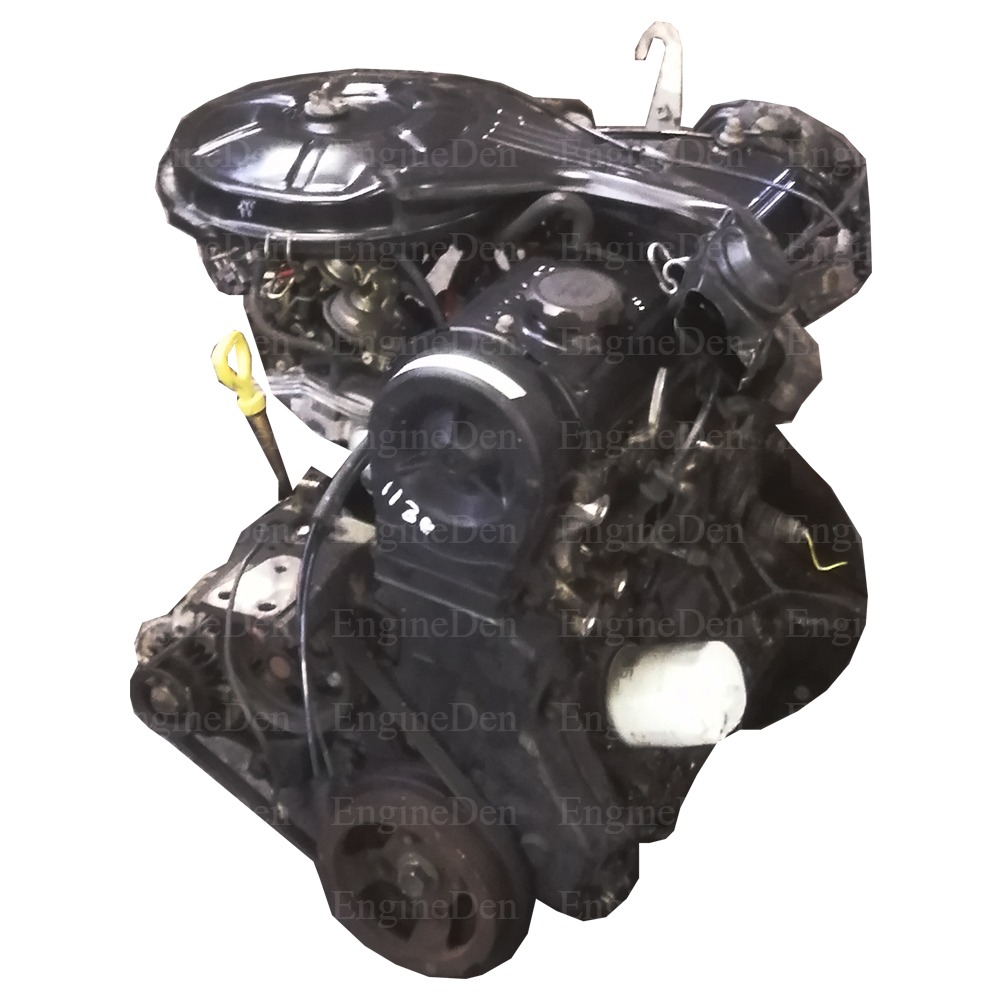Rejuvenate Your Vehicle: Toyota Tazz Engine for Sale Currently Offered
Rejuvenate Your Vehicle: Toyota Tazz Engine for Sale Currently Offered
Blog Article
Engine Acquiring Specialist Tips on Picking the Right Engine for Your Particular Requirements
Selecting the right engine for your details requirements involves a complex interplay of variables that go beyond mere horsepower numbers. By delving into the details of power versus efficiency, examining fuel scores, and budgeting for long-lasting costs, one can really optimize their engine choice.
Power Vs. Effectiveness: Discovering the Balance

When picking an engine, it is critical to strike an equilibrium between power and efficiency to satisfy your specific needs efficiently. Power describes the engine's ability to generate power for propulsion, establishing elements like velocity, lugging capability, and overall efficiency (Toyota Tazz Engine For Sale). On the various other hand, efficiency associates with just how well the engine makes use of gas to generate power, impacting factors such as fuel economic climate and ecological friendliness
Attaining the ideal equilibrium in between power and effectiveness is essential because an engine that is too powerful might consume too much gas, leading to higher operating expense and unnecessary strain on the setting. Alternatively, an engine that prioritizes efficiency over power might cause slow-moving performance, specifically popular scenarios like towing heavy tons or driving uphill.
To make an informed choice, think about elements such as your normal driving problems, the intended use the car, and your personal preferences. By assessing your concerns and needs, you can select an engine that strikes the best balance between power and effectiveness, guaranteeing optimum performance while reducing environmental impact and operating prices.
Understanding Engine Dimension and Kind

Usual engine kinds consist of inline engines, V engines, and rotary engines, each with its one-of-a-kind benefits and disadvantages. Understanding the interaction between engine size and kind is important in selecting an engine that aligns with your specific requirements and top priorities, whether it be power, efficiency, or a balance of both.
Consider Your Car's Requirements
Considering your automobile's needs is a basic action in the engine selection procedure to ensure ideal performance and performance. It is essential to examine elements such as the intended use of the lorry, its weight, lugging ability, and gas effectiveness needs. If you are looking for an engine for a heavy-duty vehicle that will be utilized for towing, you will need a powerful engine with high torque abilities. On the other hand, if you are selecting an engine for a compact cars and truck mainly used for city travelling, fuel effectiveness might be an extra critical aspect to think about.

Evaluating Fuel Efficiency Scores
Evaluating fuel efficiency rankings is a crucial aspect of picking the ideal engine for your automobile, guaranteeing cost financial savings and environmental sustainability. Gas effectiveness rankings, generally gauged in miles per gallon (MPG) for fuel engines or kilowatt-hours per 100 miles (kWh/100 miles) for electrical engines, suggest exactly how much an automobile can travel on a details amount of fuel or electrical energy. Higher MPG or lower kWh/100 miles worths symbolize more reliable engines, equating to decreased fuel costs and reduced carbon emissions.
In addition, compare different engine alternatives within the exact same car course to determine the most cost-effective selection. Factors such as engine dimension, weight, aerodynamics, and crossbreed or electric abilities can all influence gas performance.
Budgeting for Long-Term Costs
Tactically planning for long-lasting expenditures is critical when selecting an engine, ensuring financial sustainability over the automobile's life-span. While the first acquisition price of an engine is a substantial aspect, it is vital to take into Our site consideration the long-term prices connected with maintenance, fixings, and gas usage. Choosing for an extra fuel-efficient engine might have a higher upfront expense however can lead to considerable cost savings gradually. Regular upkeep, such as oil modifications, filter replacements, and tune-ups, is vital to keep the engine running smoothly and effectively, lowering the threat of expensive repair services down the line.
In addition, looking into the accessibility and expense of substitute parts for the chosen engine is crucial in spending plan planning. By carefully budgeting for these long-lasting expenses and factoring them into the decision-making process, people can choose an engine that not go to the website only fulfills their prompt demands however also stays cost-efficient throughout its life expectancy.
Conclusion
To conclude, picking the best engine for your details demands needs stabilizing power and performance, recognizing engine dimension and kind, considering your automobile's needs, examining gas efficiency ratings, and budgeting for long-term costs. By thoroughly thinking about these factors, you can make sure that you pick an engine that fulfills your requirements and gives ideal efficiency for your automobile.
To further improve the choice process of an engine that strikes the ideal equilibrium between power and efficiency, it is necessary to dig right into the details of comprehending engine size and type. Engine dimension refers to the complete quantity of air and gas that can be pressed via the engine cylinders. Common engine types consist of inline engines, V engines, and rotating engines, each with its special benefits and downsides. Comprehending the interaction in between engine dimension and kind is important in selecting an engine that lines up with your particular requirements and concerns, whether it be power, effectiveness, or a balance of both.
Gas effectiveness scores, usually determined in miles per gallon (MPG) for gas engines or kilowatt-hours per 100 miles (kWh/100 miles) for electric engines, show just how far a vehicle can click over here now travel on a certain amount of gas or power.
Report this page